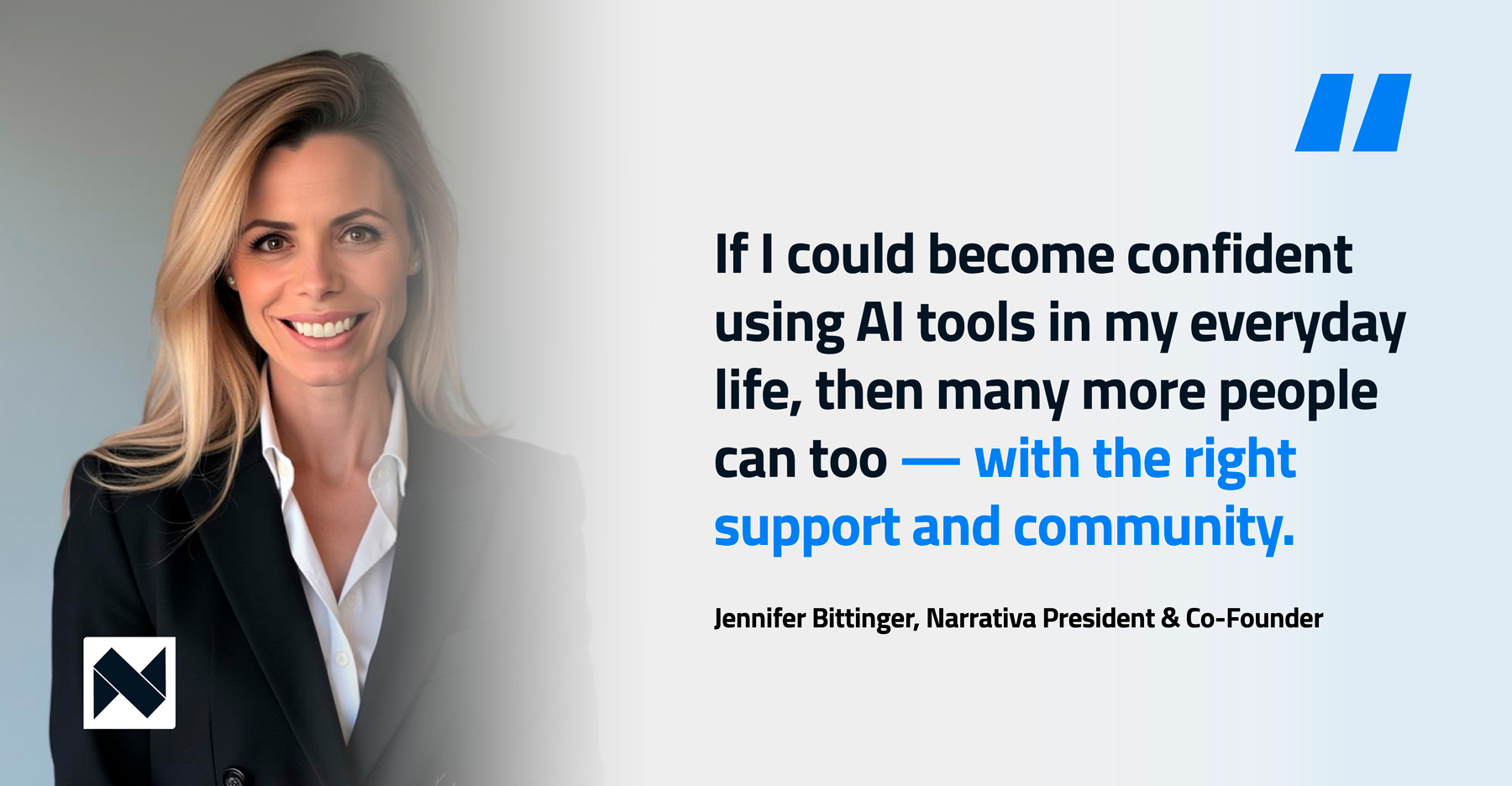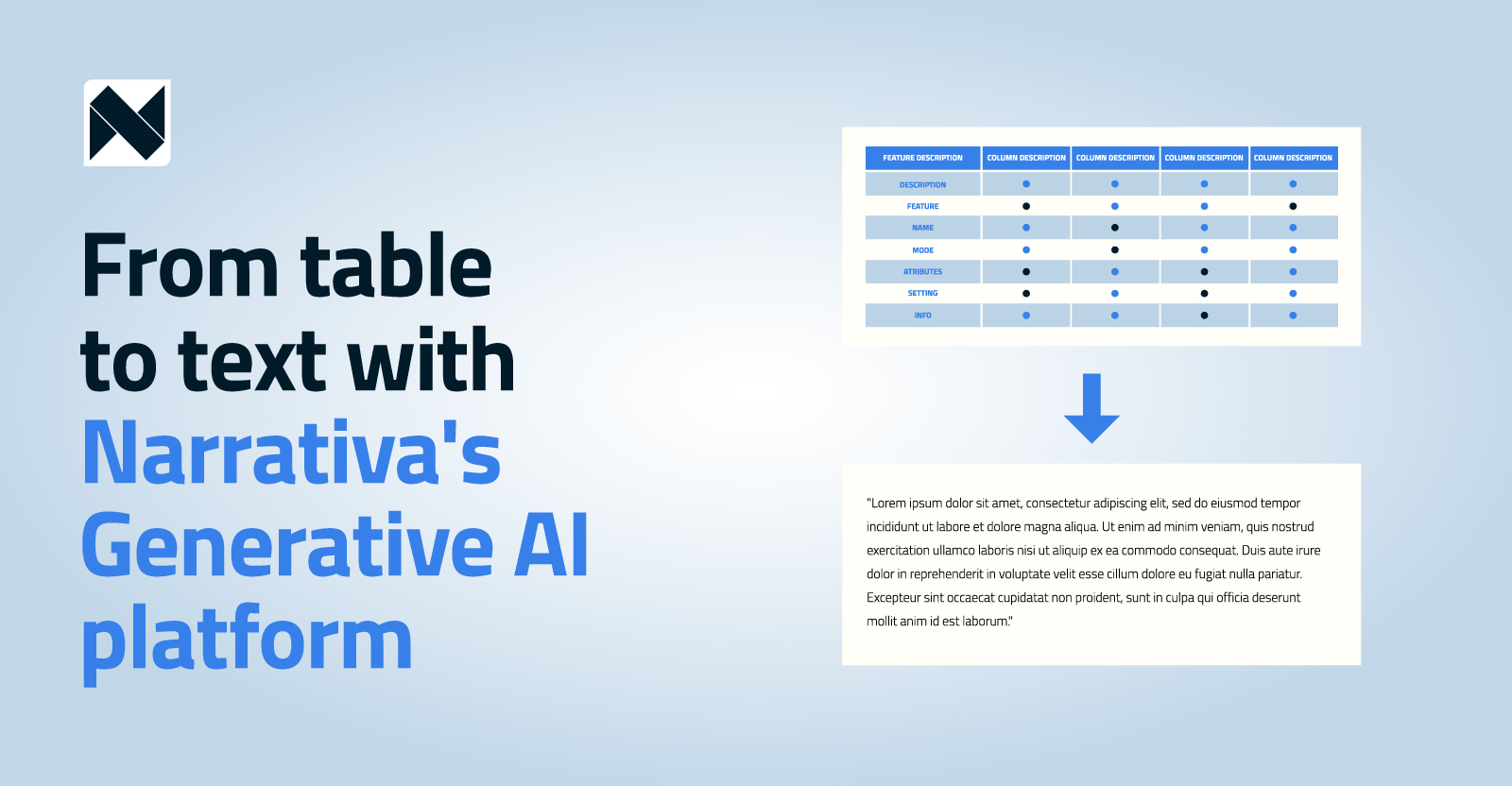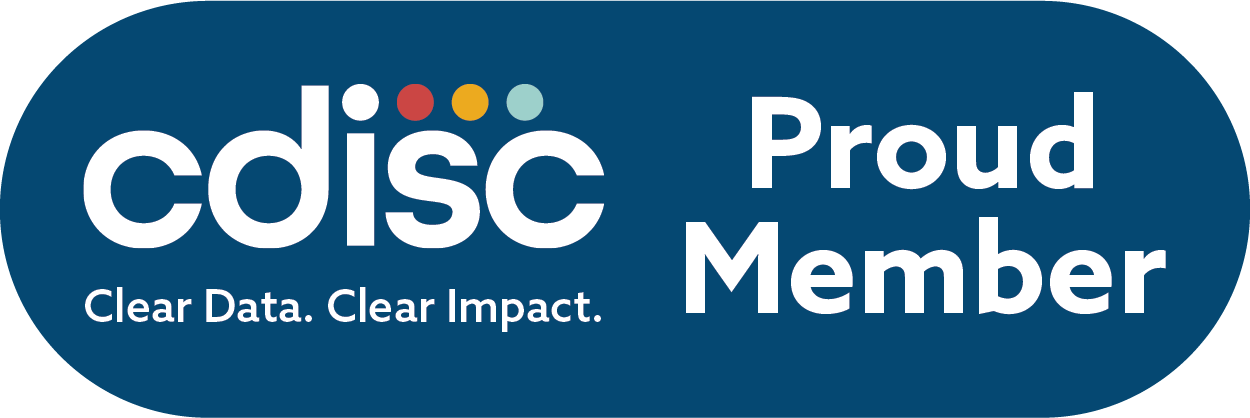May 3, 2025
How delays in clinical trials drive up costs—and how to prevent them

By Ehab Naim
Subsets of artificial intelligence (AI), such as Generative AI, have consistently demonstrated significant benefits in terms of reducing costs and speeding up processes that are time consuming, yet do not require significant skills to adopt.
In this article, we will explore the potential of Generative AI in mitigating the costs associated with delays in clinical trials while improving speed, accuracy, and consistency of outputs.
Financial impact of clinical trial delays
There are two financial measures that are utilized to evaluate the cost of delays associated with the conduct of clinical trials:
- The cost of missing a day to generate sales
- The cost of a day to conduct clinical studies
The available research highlights that the cost associated with the former is between $600,000 and $8 million, accounting for various factors.
However, a recent study conducted by Tufts Center for the Study of Drug Development (Tufts CSDD) mentioned that these figures represent a broad range and many therapeutic agents fall close to the lower range ($600,000) and only a handful are close to the higher end ($8 million) of the aforementioned number.
Furthermore, they stated that 4 in 10 drugs they assessed averaged $1 million of sales per day.
Estimating annual financial loss
Tufts CSDD researchers revealed that even with the most conservative approach being applied, a daily loss of $500,000 in lost drug or biologics sales is evident.
Applying simple mathematics to the figures, we would find that loss amounts to over $182 million per year.
Not only this figure is large, but it does not even consider the compounded losses associated with the delays reflecting the research and development budgets and the time left on the patent for the pharmaceutical and biotechnology companies to make a profit.
Cost of conducting clinical studies
With regard to the average daily cost associated with conducting clinical studies, figures indicate that the cost is somewhere between $37,000 and $50,000. Researchers from Tufts CSDD (the study that was mentioned earlier) showed that these figures are realistic and reasonable.
Furthermore, they indicated that therapy areas, such as respiratory, rheumatology, oncology, and dermatology have relatively the highest costs. When applying the same logic that was highlighted earlier, the figure magnifies to be over $14.5 million per year.
Again, such figures do not fully capture the picture, meaning that the number could significantly be higher.

Delays in documentation and regulatory submissions
One aspect associated with delays in clinical trials is documentation and submission to regulatory authorities, like the Food and Drug Administration (FDA) and the European Medicines Agency (EMA).
Generative AI technologies have proven their benefits in expediting these processes, allowing significantly faster submissions, reducing financial and time loss associated with delays.
How Narrativa’s generative AI accelerates clinical workflows
With the use of Narrativa’s generative AI technologies to automate regulatory documents submitted to the previously-mentioned regulatory authorities, significant time savings and cost reductions were achieved.
Results from internal polls conducted with our clients showed that:
- The time to the first draft was reduced by about 90%
- Time from the first draft to the final output was significantly decreased by over 83%
The medical writing teams, biostatisticians, statistical programmers, and other team members of our partners mentioned that our solutions, including those that automate tables, listings and figures (TLFs), patient narratives, and clinical study reports:
- Streamlined their workflow
- Helped them significantly improve their productivity
About us
Narrativa® is the leading generative AI automation company focused on revolutionizing the Life Sciences field. Its proprietary and secure medical writing automation platform, equipped with built-in AI agents, quickly and accurately creates smart documentation such as CSRs (clinical study reports), patient narratives, TLFs (tables, listings, and figures), and redacted/anonymized files that empower pharmaceutical sponsors, biotechnology companies, and CROs (clinical research organizations). From database to delivery, Narrativa not only speeds up the clinical trial process and reduces errors, but authors complete documentation for medical writer review and submission to regulatory bodies—all without the need for teams to piece together parts of documents themselves. Accelerate the potential with Narrativa®.
For additional information, visit www.narrativa.com and follow on LinkedIn, Facebook, Instagram, and X.
Share







